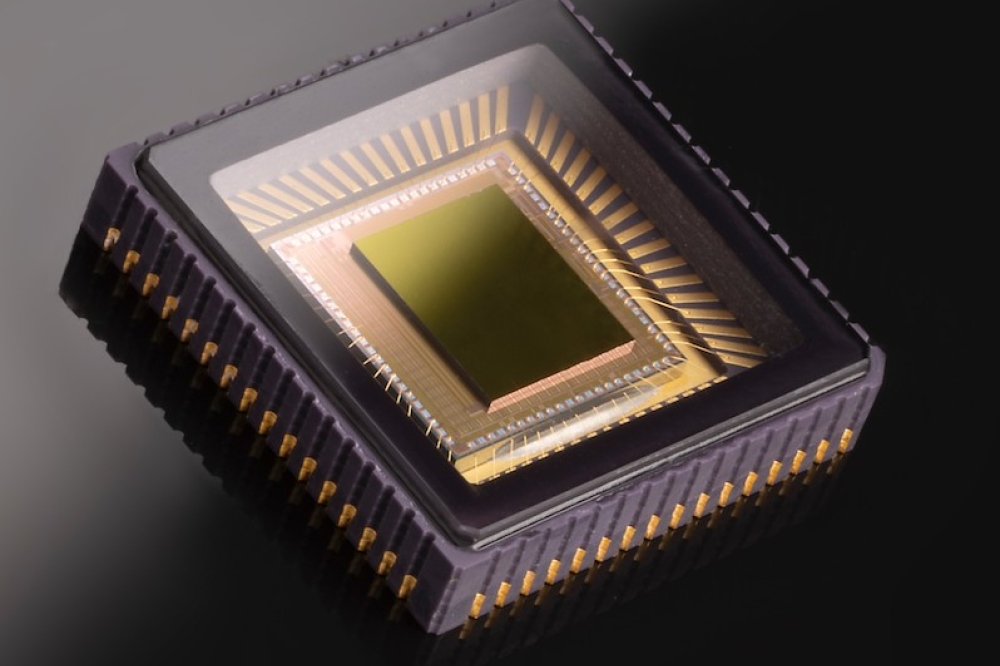Innovate UK announces first project with Japan

BLOODLINE project will commercialise Vector Photonics PCSELs for 3D, metal, laser printing
The BLOODLINE (Bright Laser diOdes fOr aDvance metaL addItive maNufacturing systEms) project is part of the first Innovate UK fund to be allocated to a collaborative, research initiative with Japan.
The £1.5m project will commercialise Vector Photonics all-semiconductor, PCSEL technology for 3D, metal, laser printing. The project is guided by the Eureka Network international, development programme, in conjunction with Innovate UK’s counterpart in Japan, NEDO.
Glasgow-based start-up, Vector Photonics, inventor of the PCSELs (Photonic Crystal Surface Emitting Lasers), is leading the collaboration. It is supported by QD Laser., a Japanese, semiconductor, epitaxy manufacturer, spun out of Fujitsu Laboratories. Device reliability testing is provided by the UK’s Compound Semiconductor Applications (CSA) Catapult. A leading, Japanese, industrial equipment manufacturer will assess the generic, laser chips for production.
“The opportunity for Vector Photonics to lead the UK side of BLOODLINE, with Japan, is an honour,” explainedRichard Taylor, CTO of Vector Photonics. “Professor Richard Hogg, chair of Vector Photonic’s advisory board, and I are the co-inventors of the PCSEL technology. We have both participated in research at the University of Tokyo and both lived in Japan. My research post was under professors Nakano and Tanemura. Professor Hogg’s research was in professor Arakawa’s Laboratory and at NTT Basic Research Laboratories in Tokyo. We have also already been involved in research projects with QD Laser Inc. All this has given us the essential collaborative experience, critical to winning this project.”


































